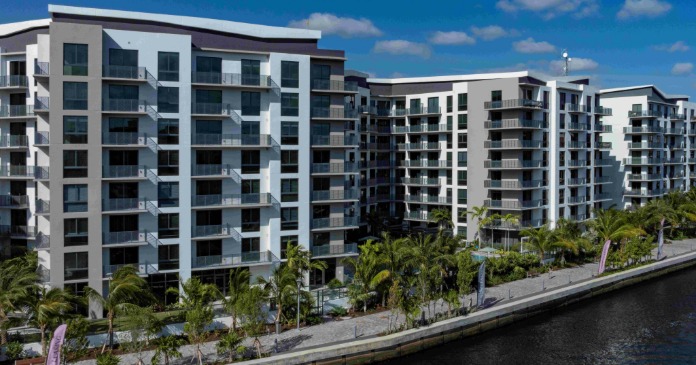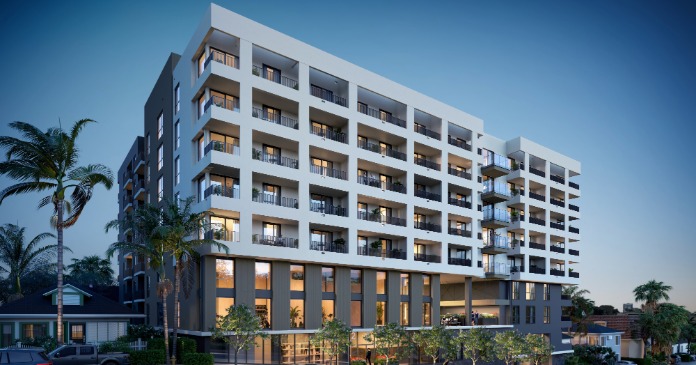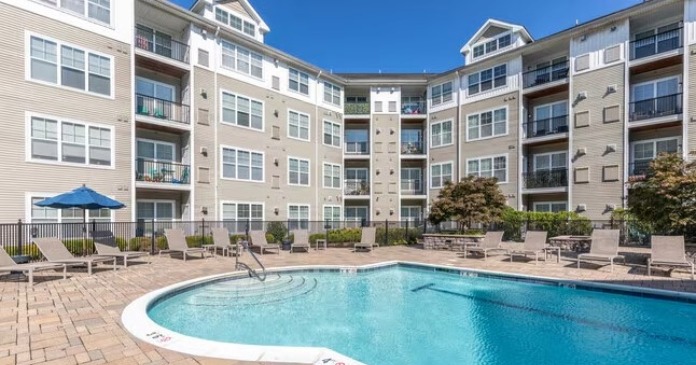The National Association of Home Builders (NAHB) urged Congress to oppose any federal mandates that require the adoption of more stringent building codes because it would harm housing affordability, prevent healthy competition in the marketplace and may not achieve the intended results.
Testifying on behalf of NAHB before the House Select Committee on the Climate Crisis, Jimmy Rutland, a home builder and developer from Montgomery, Ala., said that maintaining housing affordability must be the cornerstone to any efforts to create cleaner and stronger homes.
“Any efforts to improve or increase the efficiency or resiliency of the U.S. housing stock should focus on cost-effective, market-driven solutions,” said Rutland.
New homes built to modern codes are efficient, safe and resilient, which makes increasing code stringency unnecessary, Rutland told lawmakers. “Similarly, because the codes are nearing a point of diminishing returns in terms of the cost-benefit ratio, additional updates may not be cost effective.”
As policymakers seek to improve efficiency and mitigate the effects of future natural disasters, they need to create opportunities and incentives to facilitate upgrades and improvements to the older homes, structures and infrastructure that are less resilient to natural disasters. A full 130 million homes out of the nation’s housing stock of 137 million were built before 2010, and therefore, were not subject to the new building codes now in effect.
“Since these homes also represent the biggest energy users and are the least resilient, programs and policies that focus on the existing housing stock would reap the most benefits,” said Rutland.
He also stressed the following points to lawmakers:
- State and local governments must retain authority over land use and their code adoption processes so they can continue to direct community development and implement the codes that best fit their jurisdictions.
- Climate change mitigation programs that recognize and promote voluntary-above code compliance have a proven track record and demonstrate that mandates are not necessary.
- Incentives play an important role in providing home owners a cost-effective way to invest in energy efficiency and resiliency. Mandates, which fail to consider the needs or desires of consumers, lack the flexibility needed for realistic, widespread application, and add unnecessary costs to home construction and retrofits, are an unwise approach to improving efficiency and home performance.
About NAHB
The National Association of Home Builders is a Washington-based trade association representing more than 140,000 members involved in home building, remodeling, multifamily construction, property management, subcontracting, design, housing finance, building product manufacturing and other aspects of residential and light commercial construction. NAHB is affiliated with 700 state and local home builders associations around the country. NAHB’s builder members will construct about 80 percent of the new housing units projected for this year.













